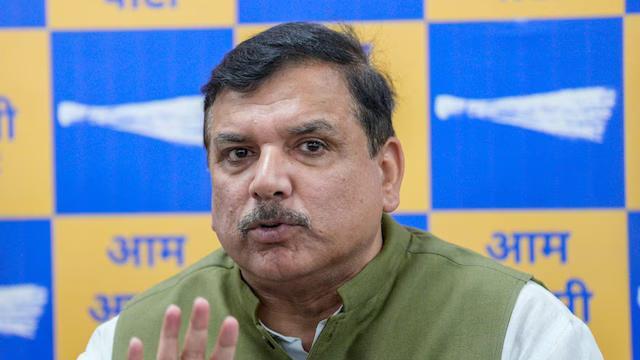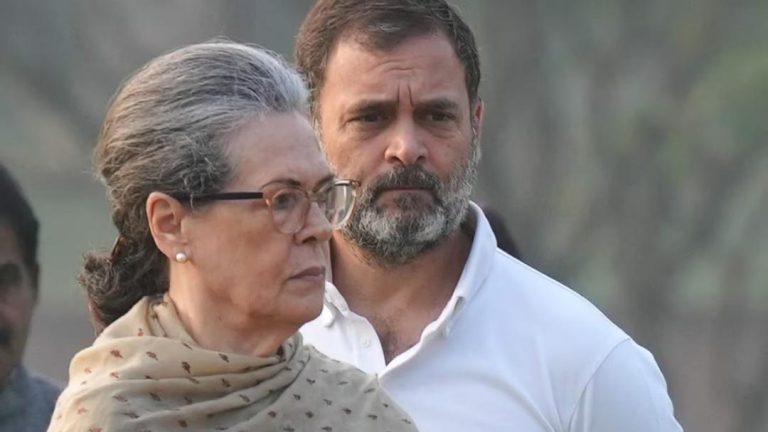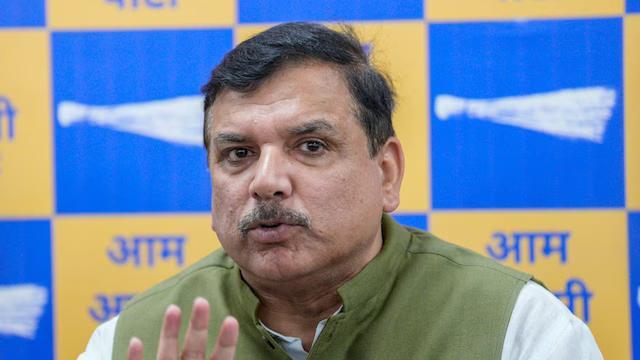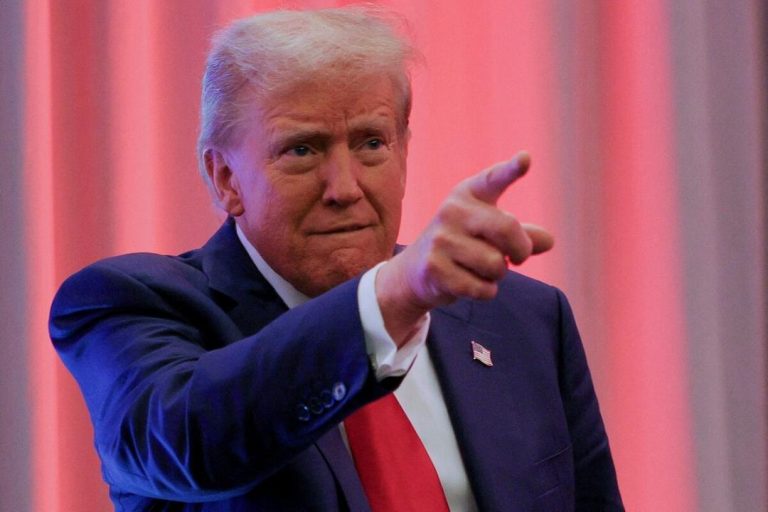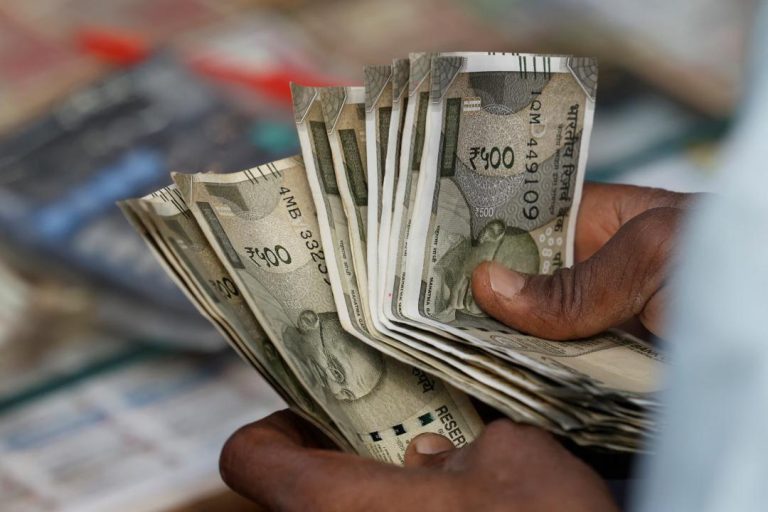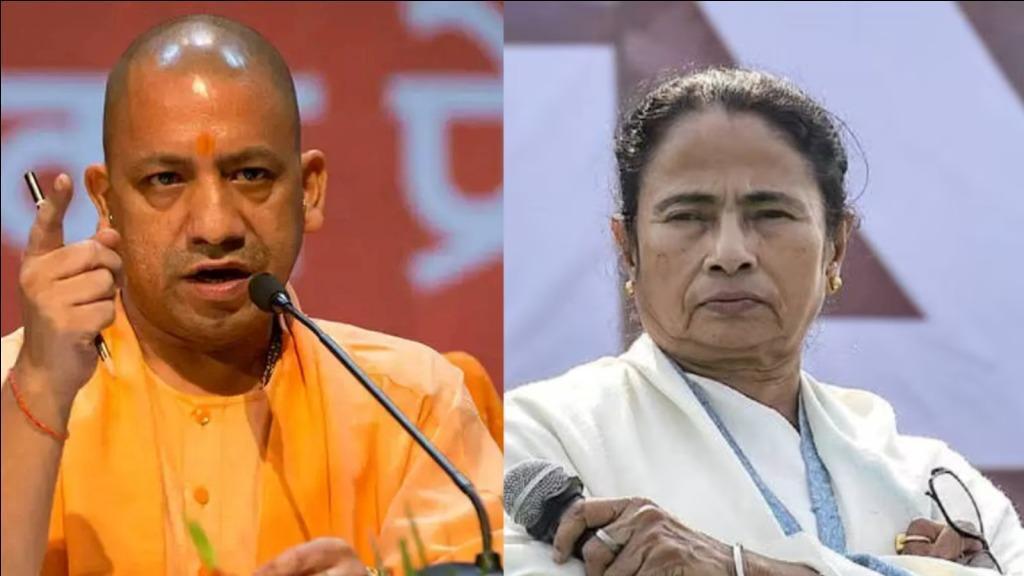
Dalit Hindus Being Killed: Yogi Adityanath on Murshidabad Violence
In a shocking turn of events, the violence and loss of three lives in Murshidabad district of West Bengal during Waqf protests has sparked outrage and concern across the nation. Uttar Pradesh Chief Minister Yogi Adityanath has joined the chorus of condemnation, but his words have also raised eyebrows. In a statement, CM Yogi expressed concern saying Dalit Hindus were being targeted and killed in Murshidabad because they would otherwise benefit from the lands which were previously occupied in the name of Waqf.
The violence broke out on October 13, when a group of activists, allegedly backed by local Muslim organizations, stormed a Waqf property in Murshidabad’s Khagraghat Road area, demanding its handover to the Muslim community. The protesters, armed with sticks and bottles, clashed with police, leading to three deaths and several injuries.
While condemnations have poured in from various quarters, CM Yogi’s statement has added a new dimension to the debate. The UP Chief Minister’s comment seems to suggest that Dalit Hindus are being targeted and killed because they would benefit from the Waqf lands, which is a deeply sensitive issue in India. The Waqf Act, passed in 1954, aimed to protect and manage Islamic charitable trusts, known as Waqfs, which were established during the Mughal era.
Waqfs were traditionally used to provide financial support to the poor, orphans, and the needy, regardless of their religious affiliation. However, over the years, the Waqf Board has been criticized for its inefficiency and lack of transparency, leading to allegations of corruption and misuse of funds.
CM Yogi’s statement has sparked concerns about the motives behind the violence in Murshidabad. Is it a case of communal violence, or is it a deliberate attempt to target Dalit Hindus, who are historically marginalized and oppressed in India? The UP Chief Minister’s comments have also raised questions about the role of Waqf Boards in perpetuating social and economic inequalities.
The Waqf Board has been accused of discriminating against non-Muslims, particularly Dalits, in the allocation of Waqf lands and properties. Many Dalit Hindus have been denied access to these properties, which are often valued at crores of rupees. In some cases, Dalits have been forced to live in poverty, while Waqf properties remain idle, allegedly due to the Board’s failure to manage them effectively.
The violence in Murshidabad has also highlighted the lack of trust between different religious communities in India. The protests, which began as a peaceful demonstration, turned violent when protesters allegedly attacked police and security personnel, leading to the loss of three lives.
The incident has also raised concerns about the role of local politicians and administrators in perpetuating communal tensions. The West Bengal government has been accused of failing to prevent the violence, which has sparked outrage and protests across the state.
As the nation grapples with the aftermath of the violence, CM Yogi’s statement has added a new layer of complexity to the debate. While his concerns about Dalit Hindus being targeted and killed are valid, his suggestion that they are being killed because they would benefit from Waqf lands has sparked controversy.
The UP Chief Minister’s comments have also raised questions about the BJP’s stance on religious minorities and its commitment to promoting social justice and equality. The party, which has been accused of pursuing a communal agenda, has maintained that its policies are designed to promote social harmony and equality.
In conclusion, the violence in Murshidabad and CM Yogi’s statement have exposed the deep-seated social and economic inequalities that plague Indian society. The Waqf Board’s failure to manage Waqf lands and properties has perpetuated discrimination against Dalit Hindus and other religious minorities.
The UP Chief Minister’s comments have also highlighted the need for greater transparency and accountability in the management of Waqf properties. The Indian government must take concrete steps to address these issues and promote social justice and equality for all Indians, regardless of their religious affiliation.
Source:
https://thecsrjournal.in/dalit-hindus-killed-yogi-adityanath-murshidabad-violence-waqf-protests/
